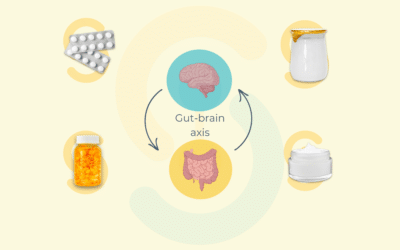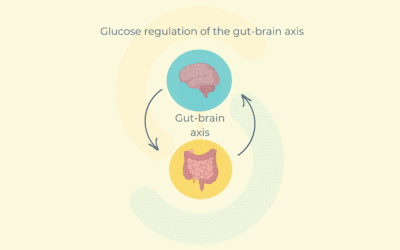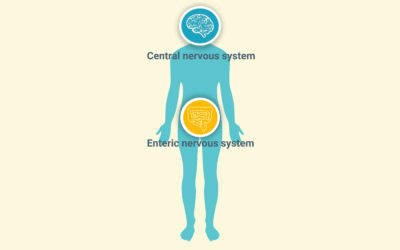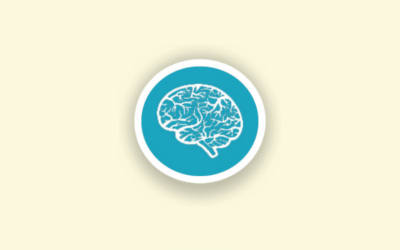In the intestine, gut distension and nutrients are detected by mechanoreceptors and chemoreceptors, respectively. The activation of these receptors sends an afferent nervous message to the hypothalamus in the brain. In turn, the hypothalamus controls the glucose entry in tissues, and thus glycemia.
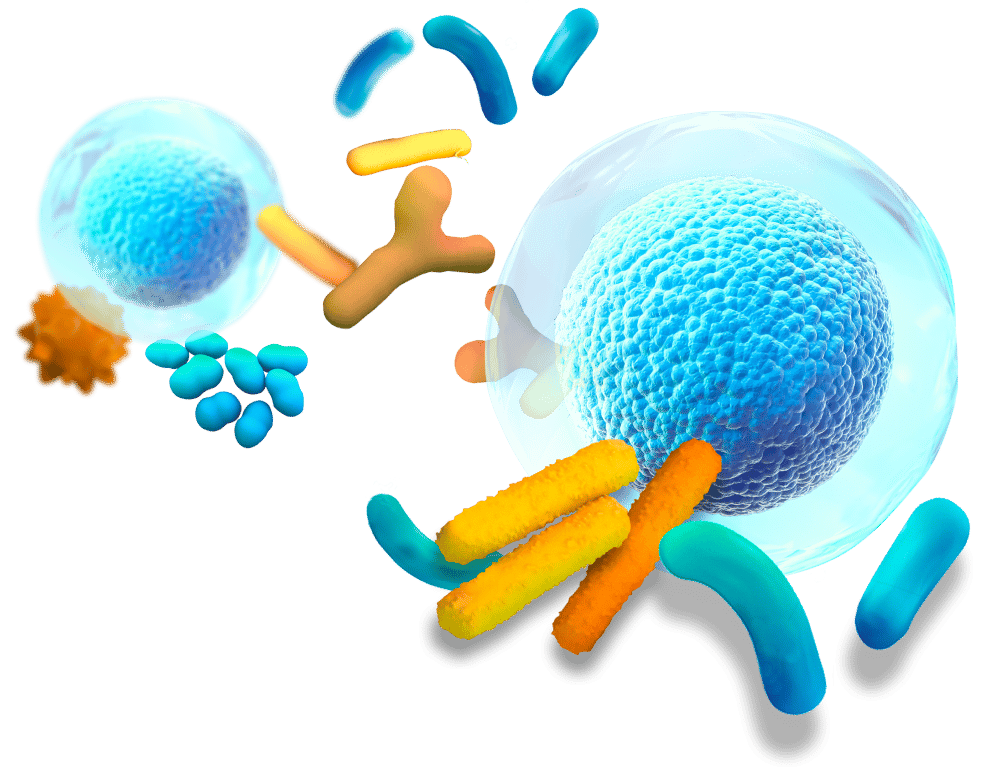
Pharmaceuticals
Glucose: a key player in gut motility and metabolic regulation
Targeting the enteric nervous system that controls gut motility is now considered as an innovative therapeutic way in T2D to limit intestinal glucose absorption and restore the gut‐brain axis to improve insulin sensitivity. So far, little is known about the role of glucose on duodenal contraction in fasted and fed states in normal and diabetic conditions.
Enteric nervous system : Galanin’s role in gut-brain axis
The enteric nervous system (ENS) plays a key role in controlling the gut-brain axis under normal and pathological conditions, such as type 2 diabetes. The discovery of intestinal actors, such as enterosynes, able to modulate the ENS-induced duodenal contraction is considered a pioneering approach.
Blood-brain barrier and beta-blockers: new insights into central effects
In addition to their classical mode of action in the brain, circulating factors may modulate the release of reactive oxygen/nitrogen species (ROS/RNS) from endothelial cells that compose the blood-brain-barrier without entering the brain. Due to their high capacity to diffuse across membranes, ROS/RNS can reach neurons and modify their activity. This study investigates other mechanisms of actions in which beta-blockers may display a central effect without crossing the blood brain barrier.
Research
Categorie
Archives
Gut motility: the hidden role of the enteric nervous system
TAKE HOME MESSAGES : The ENS orchestrates gut motility through a complex balance of neural circuits and neurotransmitters. Disruptions in gut motility can trigger systemic metabolic imbalances, contributing to hyperglycemia and insulin resistance. ENS dysfunction is...
Enteric nervous system: the key to understanding gut-brain health
Did you know that the enteric nervous system, often referred to as our “second brain,” is composed of over 200 million neurons lining the digestive tract? It plays a critical role in maintaining digestive health and mediating the connection between the gut and the...
Gut microbiota: the key to understanding health and disease
Did you know that trillions of microorganisms are working behind the scenes in your body to keep you healthy? Often called our “hidden organ,” the gut microbiota is an extraordinary ecosystem that influences much more than just digestion. How does this invisible...
Intestinal barrier : key to digestion and nutrient absorption
Unlock the mystery of your digestive system! In this edition, we explore the vital roles of digestion and nutrient absorption, essential for maintaining health. Digestion is the process by which foods are broken down into smaller molecules, or nutrients, making them...
gut-health : the key to general health
Have you ever wondered how your body turns the food you eat into the energy you need? The secret lies within the fascinating world of gut physiology. Your digestive tract is not just a simple tube for digestion—it’s a complex system designed to absorb essential...
